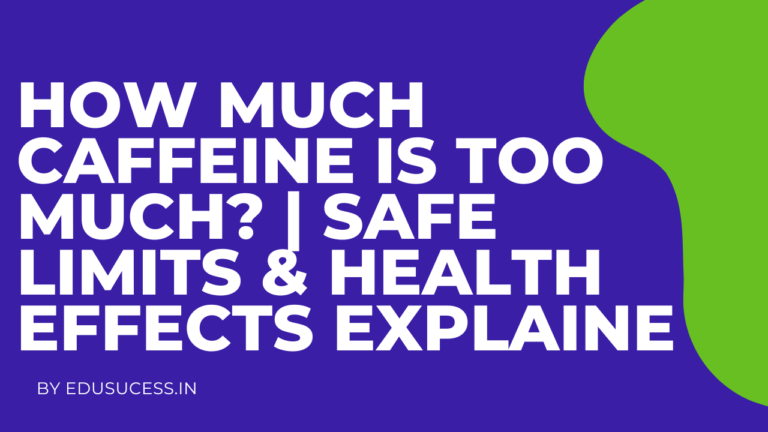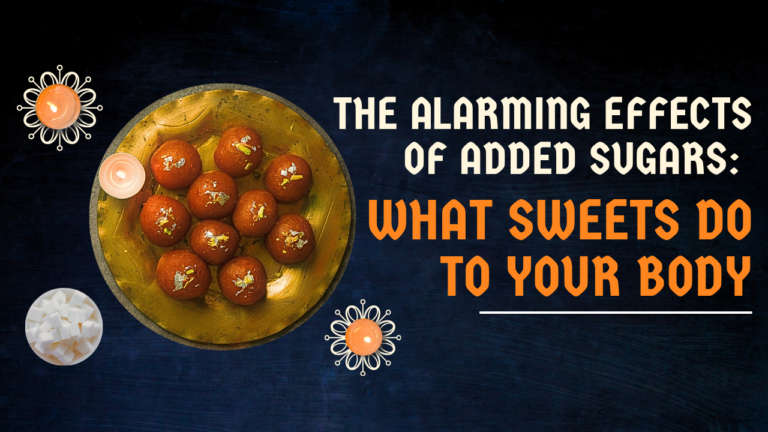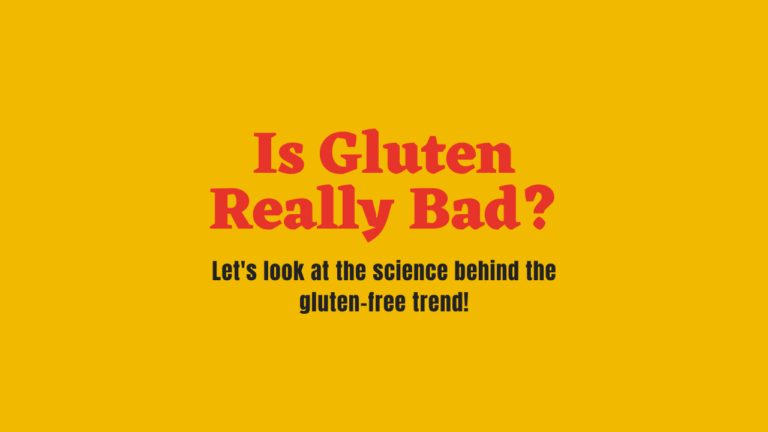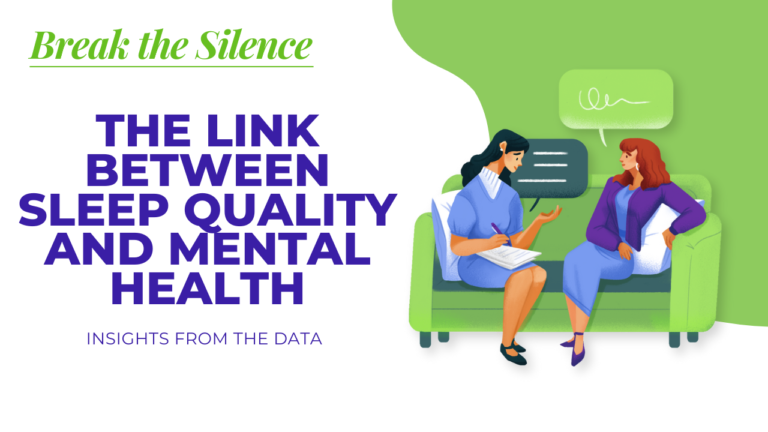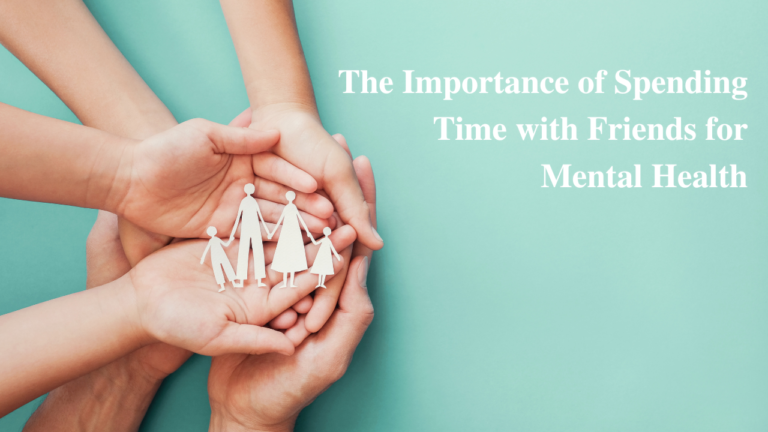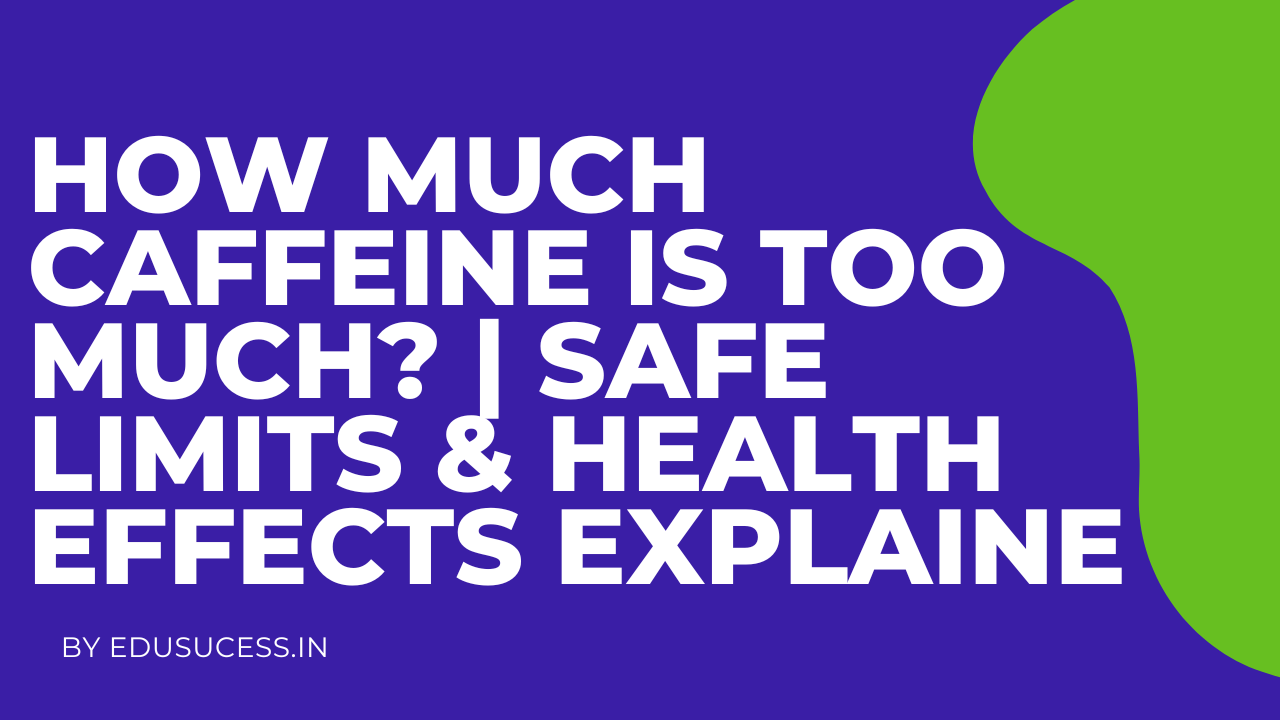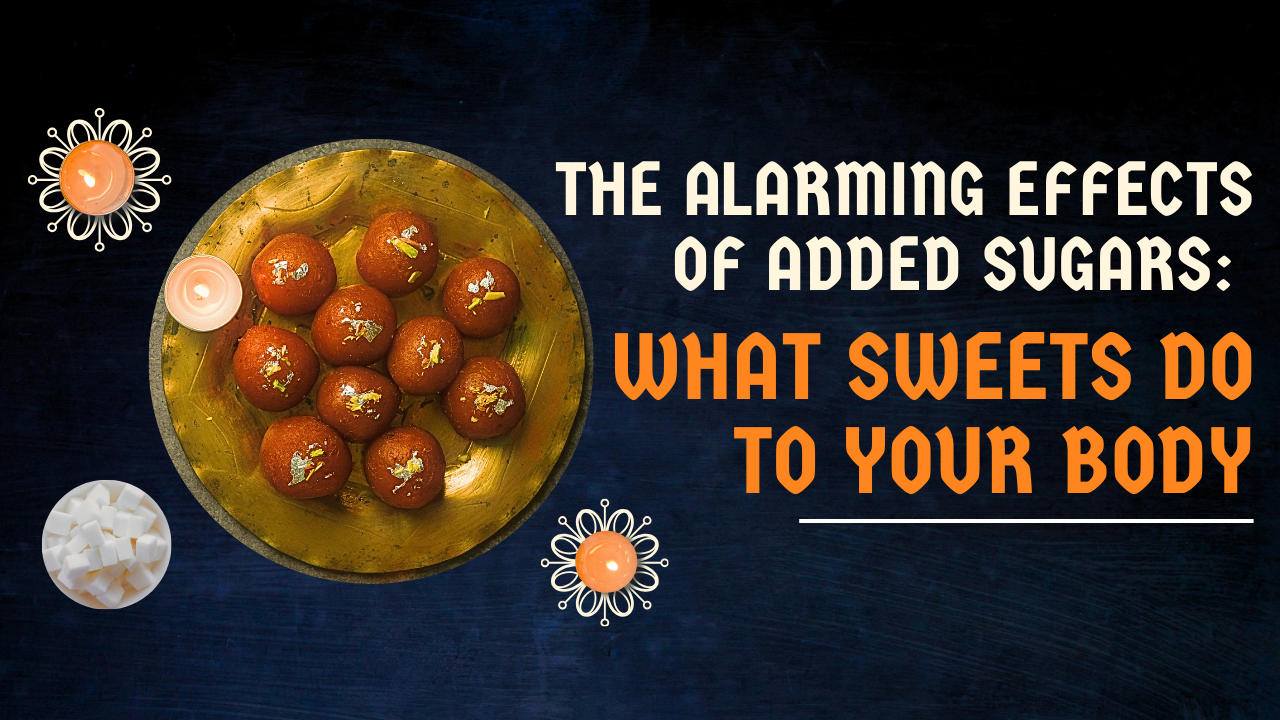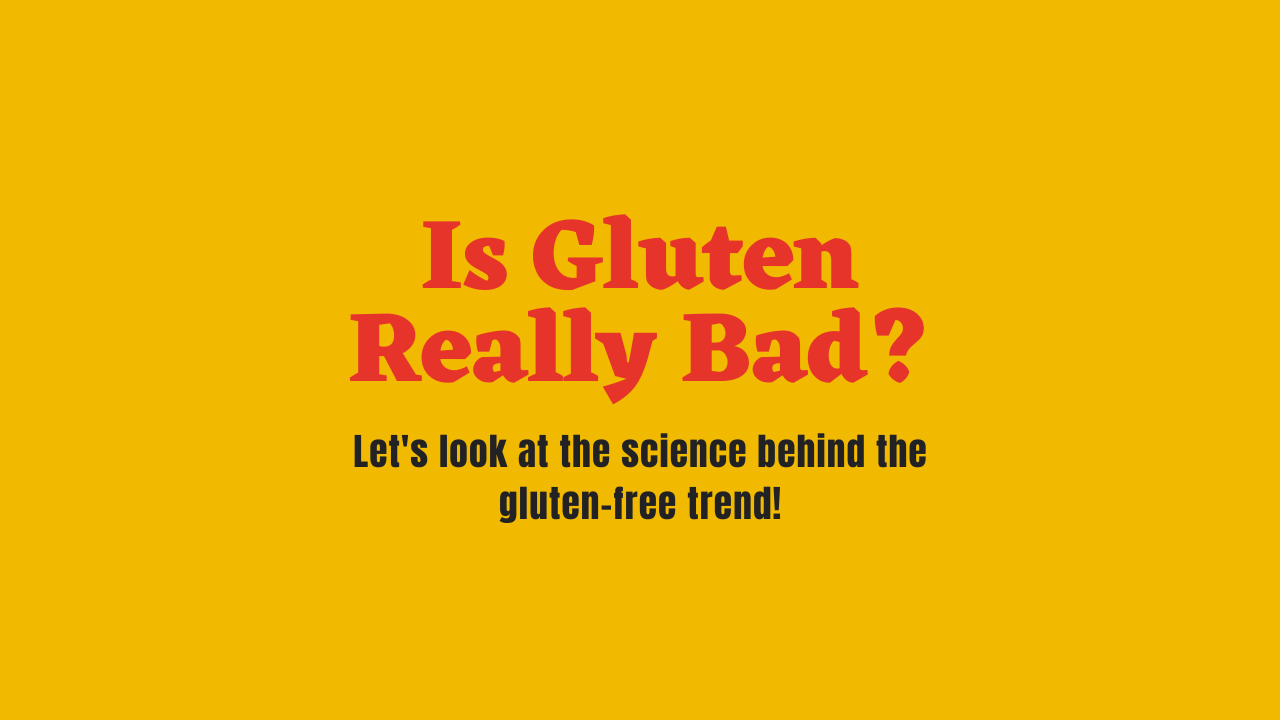
In recent years, gluten has become a hot topic in the health and wellness community. With many people opting for gluten-free diets, it’s important to separate fact from fiction. But is gluten truly harmful, or is it just another food trend? In this blog post, we will dive deep into the facts and myths surrounding gluten, helping you make an informed decision about whether you need to avoid it.
What is Gluten?
Before we dive into the facts and myths, let’s understand what gluten is. Gluten is a group of proteins found in wheat, barley, rye, and their derivatives. It helps food maintain its shape and gives dough its elasticity. For most people, gluten is not harmful and can be safely consumed as part of a balanced diet. However, some individuals have medical conditions that make gluten consumption problematic.
Fact #1: Gluten is Not Harmful for Most People
For the vast majority of people, gluten is perfectly safe to eat. It provides essential nutrients like fiber, vitamins, and minerals, which are important for overall health. Gluten-containing grains like wheat, barley, and rye are staples in many diets and contribute to whole grains, which are linked to better heart health, weight management, and digestive health.
SEO tip: Include keywords such as “gluten-free diet,” “gluten health benefits,” and “gluten for most people.”
Fiction #1: Gluten-Free Diets are Always Healthier
While gluten-free diets are essential for individuals with celiac disease or gluten sensitivity, cutting out gluten for no reason may not be healthier. Many gluten-free products are processed and lack the nutrients found in their gluten-containing counterparts. They may be higher in sugar, fat, and refined starches, which could lead to poor health outcomes if consumed in excess.
For people who do not have gluten intolerance, there’s no clear benefit to eliminating gluten from the diet. In fact, doing so could deprive your body of essential nutrients, particularly fiber, which is found in abundance in whole grains containing gluten.
SEO tip: Use keywords like “gluten-free diet myths,” “is a gluten-free diet healthier,” and “gluten-free product risks.”
Fact #2: Gluten-Free is a Must for People with Celiac Disease
Celiac disease is an autoimmune disorder where the ingestion of gluten causes damage to the small intestine. For those with celiac disease, even a tiny amount of gluten can trigger serious symptoms like abdominal pain, bloating, diarrhea, and long-term complications like malnutrition. A strict, lifelong gluten-free diet is the only treatment for celiac disease.
It’s essential for people with celiac disease to avoid gluten in all forms, including hidden sources in processed foods, medications, and even cosmetics.
SEO tip: Use keywords like “celiac disease and gluten,” “gluten sensitivity,” and “celiac disease treatment.”
Fiction #2: Gluten-Free Products are Always Safe for People with Gluten Sensitivity
Not all gluten-free products are created equal. Just because a food is labeled gluten-free doesn’t automatically make it safe for people with gluten sensitivity. Cross-contamination can occur during manufacturing processes, leading to trace amounts of gluten in gluten-free products.
People with non-celiac gluten sensitivity (NCGS) may experience symptoms like bloating, fatigue, and digestive discomfort when consuming even small amounts of gluten. It’s crucial to be vigilant about reading labels and choosing foods that are certified gluten-free to reduce the risk of exposure.
SEO tip: Use keywords like “gluten-free certification,” “gluten sensitivity symptoms,” and “gluten-free cross-contamination.”
Fact #3: Gluten Sensitivity is Real, but Still Not Fully Understood
While gluten sensitivity is not as well understood as celiac disease, research shows that some individuals experience symptoms after consuming gluten, despite not having celiac disease or a wheat allergy. The exact cause of gluten sensitivity is still unclear, and its symptoms often overlap with other conditions like irritable bowel syndrome (IBS).
If you suspect gluten may be causing discomfort, it’s best to speak with a healthcare professional who can help you determine the cause of your symptoms and whether a gluten-free diet would be beneficial.
SEO tip: Include keywords like “gluten sensitivity diagnosis,” “non-celiac gluten sensitivity treatment,” and “gluten sensitivity research.”
Fiction #3: You Can Just Cut Out Gluten for Weight Loss
There is a misconception that cutting out gluten will automatically lead to weight loss. While some people may experience weight loss when they eliminate gluten-rich foods, it’s not the gluten itself that’s responsible for the pounds dropping. Instead, people often cut out processed foods and replace them with healthier, whole foods, leading to a more balanced diet and potential weight loss.
A gluten-free diet is not a guaranteed way to lose weight, especially if it’s filled with processed gluten-free snacks. The key to weight management lies in overall calorie intake, balanced nutrition, and regular exercise.
SEO tip: Use keywords like “gluten-free weight loss,” “gluten-free snacks,” and “calories in gluten-free foods.”
Conclusion: Do You Really Need to Avoid Gluten?
The decision to avoid gluten is a personal one and should be based on your individual health needs. For those with celiac disease, non-celiac gluten sensitivity, or a wheat allergy, avoiding gluten is crucial. However, for most people without these conditions, there is no need to eliminate gluten from your diet.
A balanced approach to eating, focusing on whole grains, fruits, vegetables, and lean proteins, is the best way to ensure good health. Always consult a healthcare professional before making significant changes to your diet, especially if you suspect gluten is causing issues.

